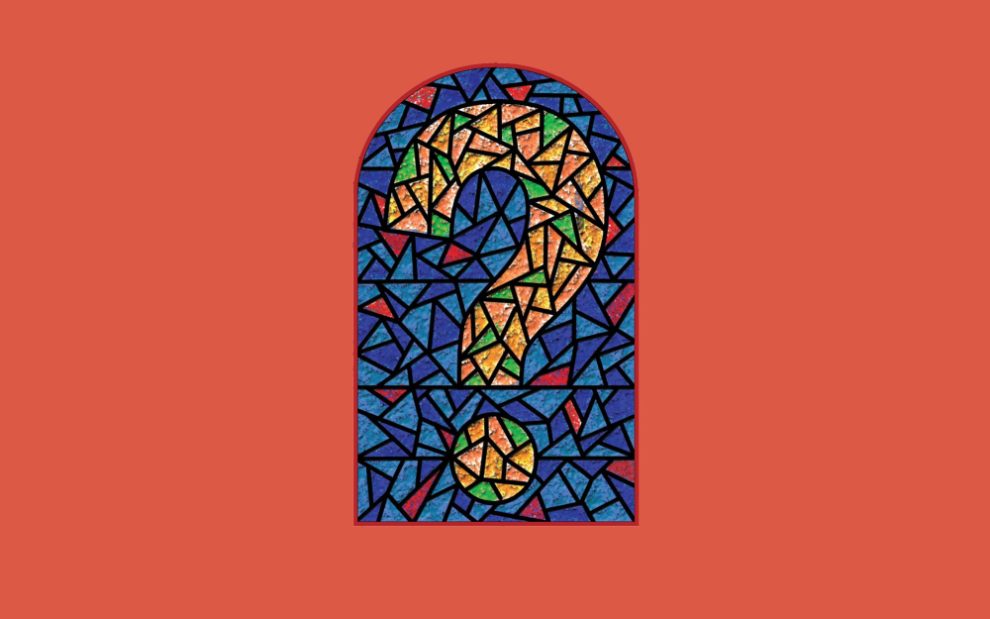Listen on: Apple | Google | Spotify
One of the best-known of Jesus’ parables is the story commonly referred to as the “Parable of the Good Samaritan.” The story is intended to teach the disciples what loving your neighbor really means, but we can’t fully appreciate the moral without recognizing that Jesus’ audience would not have expected the Samaritan to be the moral hero. Contemporary audiences might not know exactly who or what a “Samaritan” was but might envision someone socially outcast, even morally dubious.
This isn’t the first time Samaritans appear in the gospels. Jesus shocks his disciples by lingering in conversation with the Samaritan woman at the well. When Jesus heals 10 lepers, the only one who comes back to thank him is a Samaritan. In these instances, it’s clear that the Jewish disciples and followers of Jesus do not hold Samaritans in warm regard, and we’re meant to be surprised when scripture highlights their acts of faith or justice.
However, Samaritans are not Gentiles like Romans or Canaanites. Clearly the Jews and the Samaritans have a lot of commonalities, culturally and religiously. But there is evident animosity between the two groups.
On today’s episode of Glad You Asked, hosts Emily Sanna and Sarah Schueller talk to guest Alice Camille about who the Samaritans were and why they and the Jews didn’t get along. They also discuss the theological significance of the Samaritans who appear in stories about and by Jesus.
Camille is an award-winning writer, an educator, and a retreat leader. She has written extensively about scripture for U.S. Catholic and elsewhere and works on developing catechetical materials.
You can learn more in these links:
- About Alice Camille
- “Why didn’t the Jews and Samaritans get along?” by Alice Camille
- “The rift between Jews and Samaritans” by Pat McCloskey, O.F.M.
- “The last of the good Samaritans” by Judith Fein
Glad You Asked is sponsored by the Claretian Missionaries.













Add comment